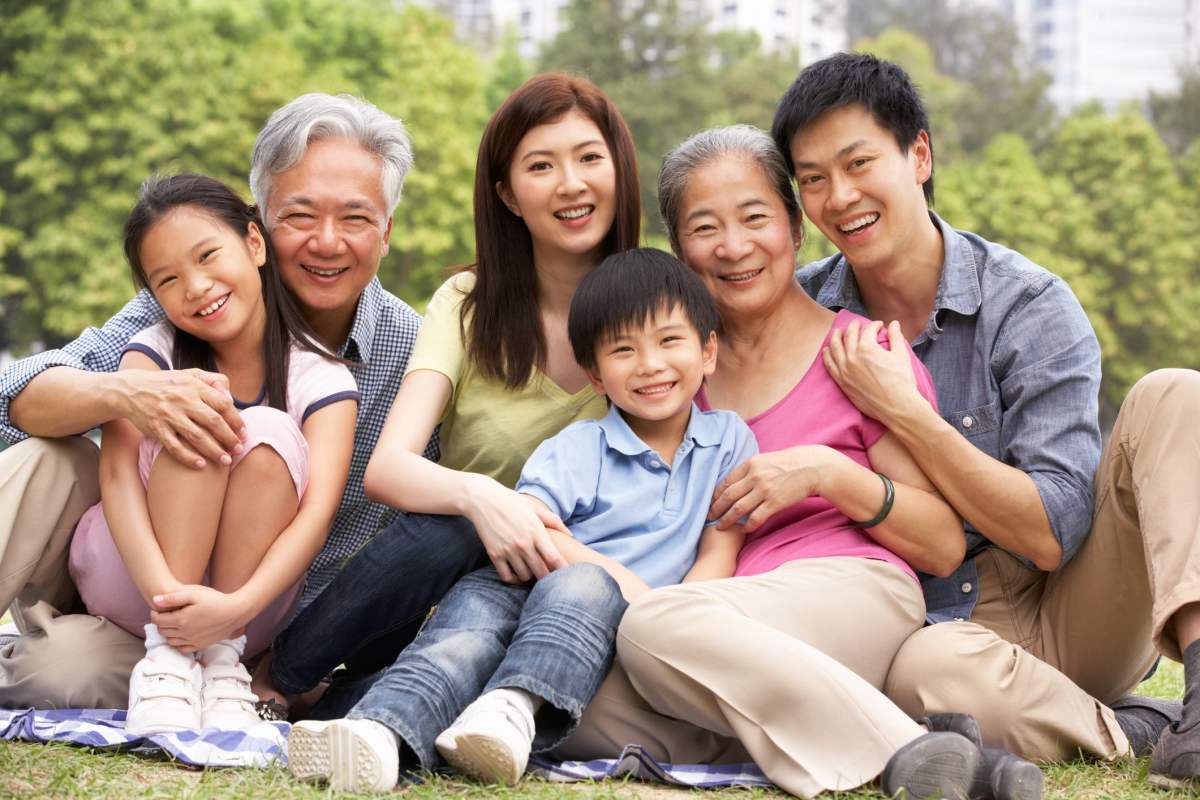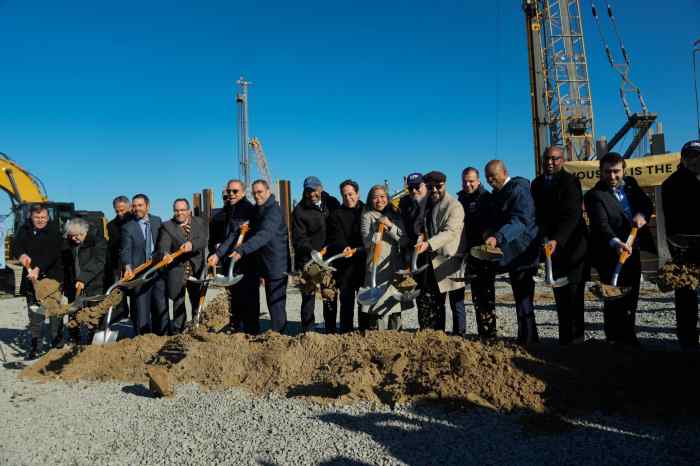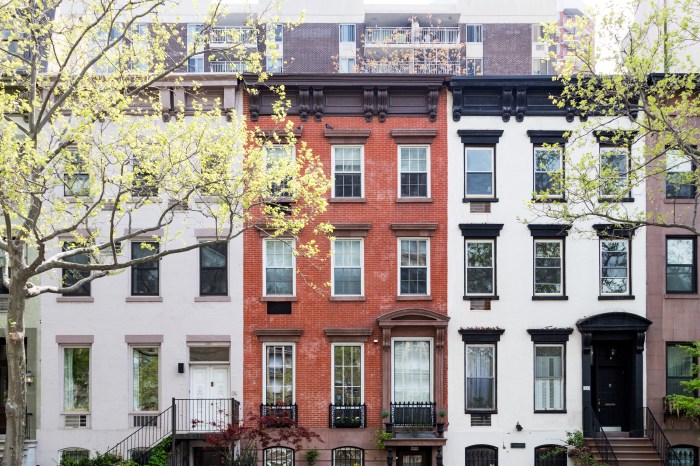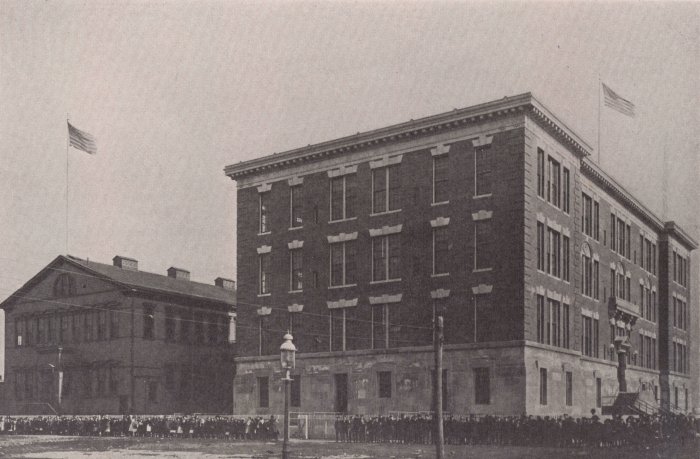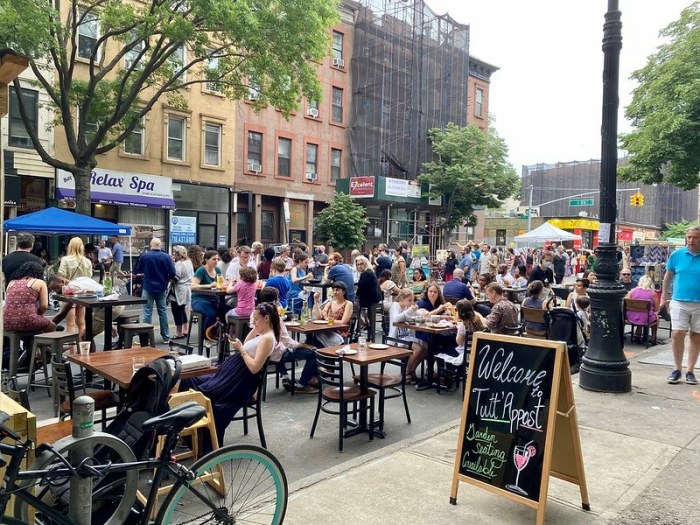The 2023 election cycle was a historic one for Asian-Americans in New York. Asian-American candidates from both parties competed for City Council seats across the city, including in a new Asian opportunity district in southern Brooklyn. Asian-Americans have also found success in state-level races in recent years and have greatly expanded their role in Albany and City Hall.
With better representation, however, must come better policy outcomes. Unfortunately, the concerns of Asian-Americans are too often undervalued in the legislative process.
The recent passage of the “Wrongful Death Act” by the New York State Legislature is a prime example of a well-intentioned law that will have unintended consequences for Asian-Americans in New York, particularly health practitioners and their patients. While the law aims to provide justice for families affected by alleged wrongful deaths, its impact on small, local healthcare providers — many of whom serve vulnerable immigrant communities — cannot be ignored.
The Wrongful Death Act, which would enact major changes to how New York handles wrongful death claims, has already been defeated once: Governor Hochul vetoed similar legislation last year, but a nearly identical version has once again come across her desk in 2023.
Among the key aspects of the Wrongful Death Act is its expansion of the list of people eligible to sue in alleged wrongful death cases. The broader scope of potential plaintiffs introduces an element of uncertainty and increases litigation risks for those providing essential services within our communities.
The inclusion of the provision allowing individuals to sue for undefined emotional damages also raises serious questions about how this will be interpreted and applied. The lack of clear boundaries in defining emotional damages opens the floodgates to subjective claims, leading to frivolous lawsuits that can burden healthcare professionals and small businesses.
Each of these changes will generate one clear problem: A dramatic rise in insurance costs, as insurers will have to account for the increased risks associated with the expanded eligibility and vague emotional damages clause. Health practitioners, already grappling with the challenges of providing quality care in an evolving healthcare landscape, will find themselves burdened with the additional financial strain of rising insurance costs.
Small businesses, including local clinics and practitioners, may struggle to absorb the financial impact of the heightened insurance costs, leading to potential closures or consolidations. Their patients, in turn, will be forced to seek care and services from deep-pocketed corporations and healthcare conglomerates — organizations that lack the language and cultural skills necessary to provide high-quality care to non-English speakers and other immigrant groups. This outcome not only diminishes the diversity and accessibility of healthcare services — it also consolidates power within larger, corporate entities.
While the Wrongful Death Act is well-intentioned in its pursuit of justice for grieving families, it inadvertently sets in motion a series of events that could reshape our local healthcare landscape, to the detriment of Asian-Americans in particular. The unpredictable nature of rising insurance costs may force health practitioners to make difficult choices, limiting the availability of services and pushing community members towards larger, more financially robust entities.
If Governor Hochul is serious about continuing to advocate or the needs of New York’s Asian-American community — the fastest-growing ethnic group in the state — she should strongly consider vetoing this latest version of the Wrongful Death bill. Legal reform cannot come at the expense of New York’s independent practitioners and our community’s health.



